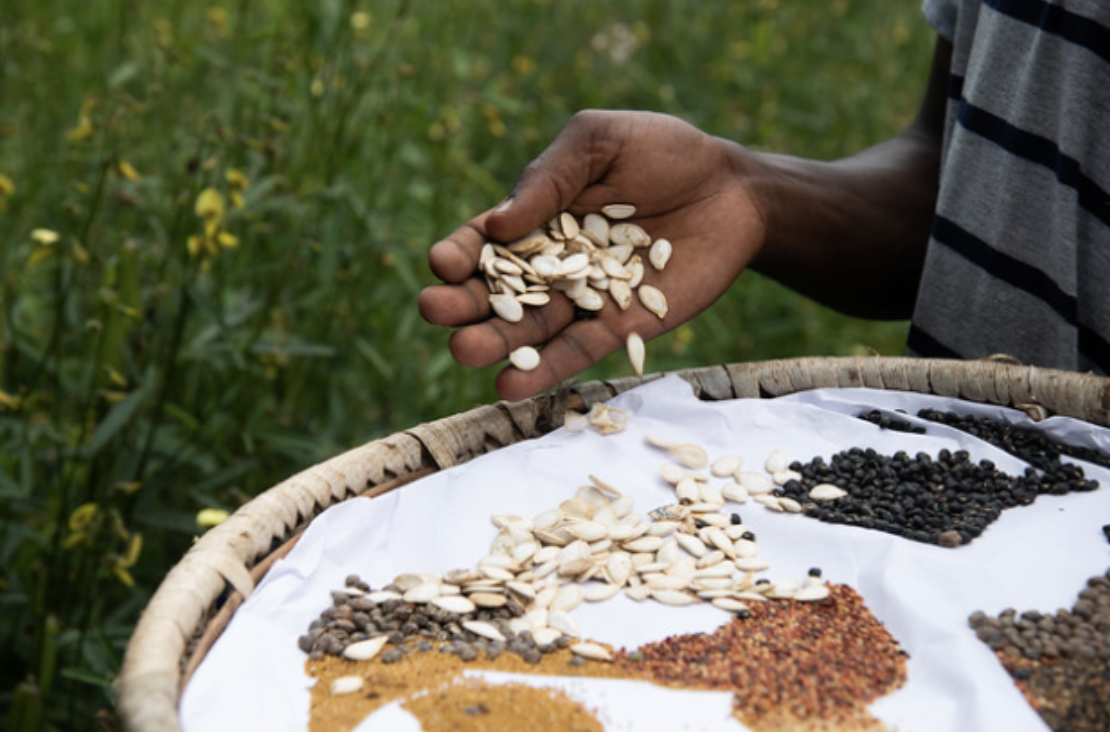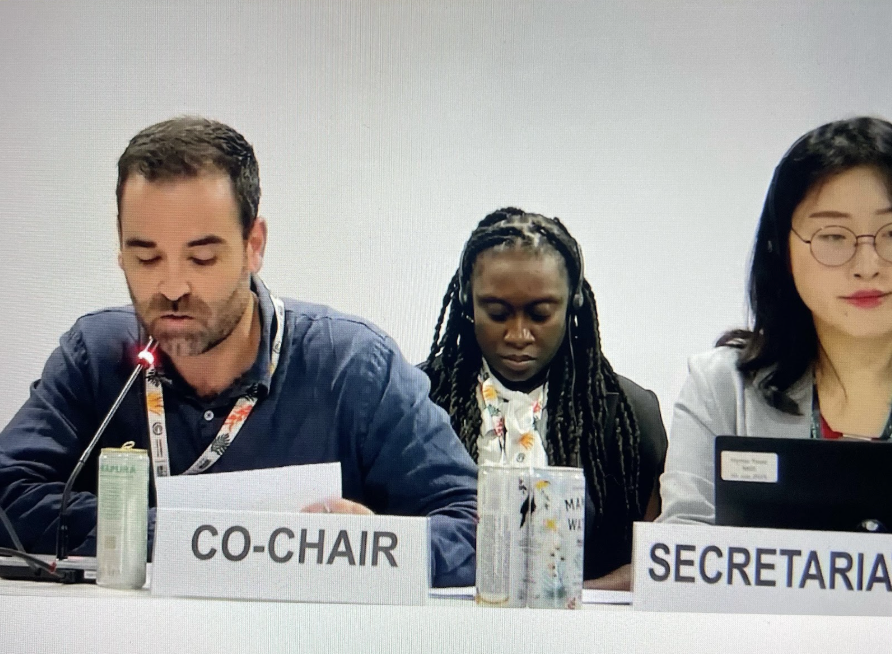First Past the Post: Past Its Prime in the Land of Poutine?
The number of votes that each party in Quebec garnered hardly resembles the number of seats they win in parliament (data visualization by Eileen Miller; data courtesy of CBC News)
Good news for Quebecois Premier Francois Legault! His ruling party of Canada’s French-speaking province, the Coalition Avenir Quebec (CAQ), has won almost three-quarters of the seats in the October 3 elections for the regional parliament; a definitive 90 out of 125 seats. As Quebec—along with the rest of Canada—uses a parliamentary system, the party with a majority of seats is allowed to form the government, giving incumbent Premier—essentially a regional Prime Minister—and CAQ leader Legault a guaranteed second term.
Nonetheless, Quebec is no Massachusetts nor Utah; while its legislature may possess a lopsided majority, an investigation into who voted for whom reveals an almost paradoxical result, according to The Globe and Mail . The second-largest party with 21 seats is the Liberal Party, governing at the federal level. Yet, they finished fourth in the overall vote count, winning about a sixth of the seats on a seventh of the vote.
How can this be? The results for other parties turn up similarly absurd translations of votes-to-seats; the fifth-place Conservatives, the official opposition at the federal level, won almost as much support as the Liberals but received no seats whatsoever. The two other regional parties—Quebec Solidaire (QS) and the Parti Quebecois (PQ)—received 11 and 3 seats respectively, despite both pulling more votes than the Liberals.
Legault’s CAQ secured less than 41% of the votes. Had the election been held proportionally, Legault’s populist party—which has criticized immigration and demanded the “protection” of the French language—would have won at most 75 or so seats, according to Politico.
Provincial Liberal leader Dominique Anglade surrounded by her supporters: despite her more than narrow defeat, it’s hard to say her spirit is finished Source: CBC (Canada)
Such a colossal discrepancy between voters’ preferences and representation requires an immediate discussion of the electoral system. In contrast to France itself, where a two-round system produces more proportional results, Quebec’s Parliament is chosen under a first-past-the-post method that is common in its Anglo-American neighbors. In this system, each of 125 “ridings” elects a single member by a plurality, CBC reports. For example, if the CAQ were to win 25% of the vote and the other four parties 15% each in every single riding, all 125 would be represented by a CAQ politician.
Legault has criticized this system in the past, proposing a hybrid solution with 80 ridings and 45 proportionally-distributed seats His recent comments that there existed no popular support for reform “except for a few intellectuals” gave an air of hypocrisy, with political science professor Valerie-Anne Maheo declaring that “it is simply not in his interest to share power with opposition parties.”
Electoral reform has seen other defeats throughout Canada in recent years; in 2007, Ontarians defeated a proposal that would have seen about 30% of legislators in Canada’s largest province chosen through the proportional system. Arguments against this proposal include the lack of such legislators’ local accountability and the likelihood of a more fragmented parliament that would have made the task of gathering the necessary majority to govern more difficult while enabling more extremist minor parties to gain a foothold.
In 2018, three-fifths of voters in British Columbia rejected proportional representation even when given a choice for its implementation. The provincial government’s support received criticism for its description of proportional representation as “woke” and “lit.” More seriously, government ministers were unable to describe the mechanics of such a reform, which the province’s opposition leader Andrew Wilkinson characterized as “set up to be confusing.”
In all regards however, the political history of Quebec may offer more insights into the province's political dynamics than the actual platforms of the parties, of which the CAQ is clearly the most significant. As one of Canada’s original provinces, it once maintained a two-party system between Liberals and Conservatives, where major issues included questions of Catholic and French identity. Devout parishioners were always relatively strong in Quebec; a heavy focus on “autonomy” and French identity led to a focus on internal development to prevent emigration and, most of all, love for the Catholic Church, which came to control most social services such as schools and hospitals with Conservative backing.
The leader of the “Great Darkness,” Duplessis himself, surrounded by… darkness Source: The Canadian Encyclopedia
Laissez-faire Liberals looked on at first, but they soon began to assert themselves in the era of Maurice Duplessis, whose expansion of the Conservatives into the Union Nationale party began an era of ultra-autonomism and quasi-theocracy known by many Liberals as the “Great Darkness.” According to CBC, human rights were restricted during that era; social pressures forced unmarried mothers to offer their children to Catholic orphanages and psychiatric hospitals, leading many to face abuse.
In 1960, the Liberals retook control under Jean Lesage, beginning the so-called “Quiet Revolution,” which quickly remade the province into a social democratic stronghold. Public “CEGEPS,” schools that doubled as community colleges, took the place of the Catholic institutes, health insurance and utilities were brought under public scope, and the energy industry under Hydro-Quebec became a symbol of government control over the provincial economy.
A newly left-wing province, Quebec’s Conservatives disappeared, with the main contest existing between pro-Canada Liberals and the pro-independence Parti Quebecois (PQ). The PQ first reached power under Rene Levesque in 1976 and promptly declared French the province’s sole official language. It was under the PQ that in 1995 a referendum nearly declared Quebecois independence, with the “no” result being blamed by then-Premier Jacques Parizeau on “money and ethnic votes.”
As Parizeau’s comment reveals, the pro-independence and autonomist factions of Quebecois politics have often held somewhat of a racial component—the fear that the French Canadians are being overrun by an ethnically-diverse Anglophone majority that aims to swipe them into the fold of maple syrup, hockey, and love for moose. However, neither the PQ nor the Liberals were able to shift the Overton window entirely in their favor. With the 2018 elections, right-wing forces under the CAQ and left-wing forces under QS were able to make their presence felt.
Despite their limited support in Montreal—winning into two seats in the province’s largest city—CAQ’s platform of ignoring the sovereignty question, supporting the French language, mixed economy, and Lesage’s and Levesque’s social investments, and giving daily briefings during the COVID-19 pandemic enabled them to easily win a second term. More contentious issues, such as the anti-hijab Religious Symbols Law and revisions to the Charter of the French Language may pose legal crises to the government in the future in the event they conflict with Canada’s own Charter of Rights and Freedoms. If Legault could weather the storm of pandemic restrictions despite heavy criticism for his support of vaccine passports and school closures, he seems likely to ride these out as well.












